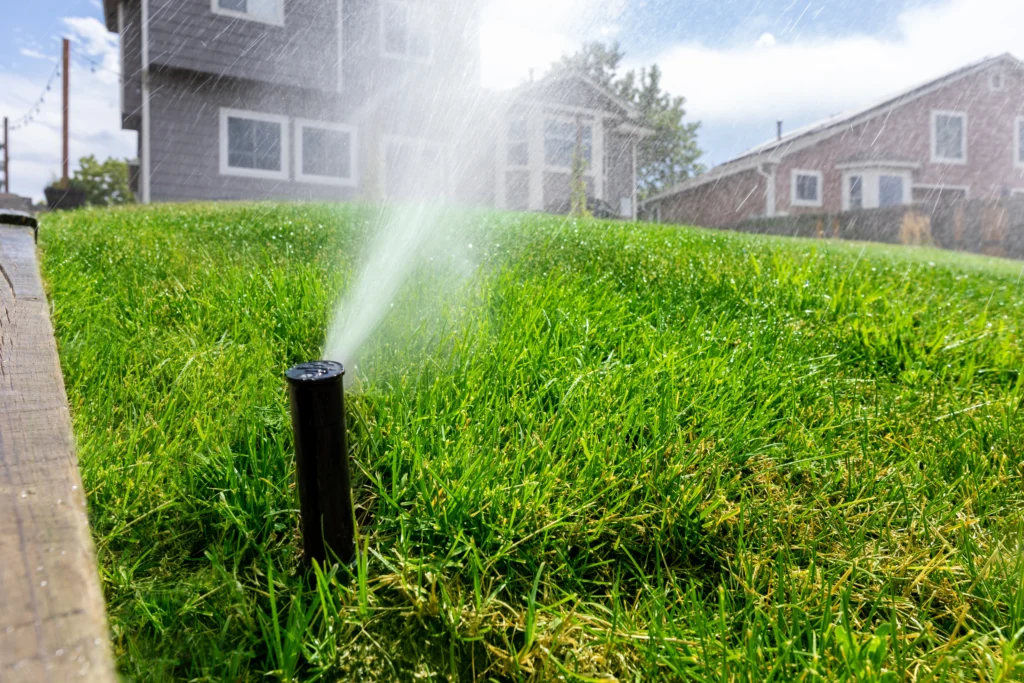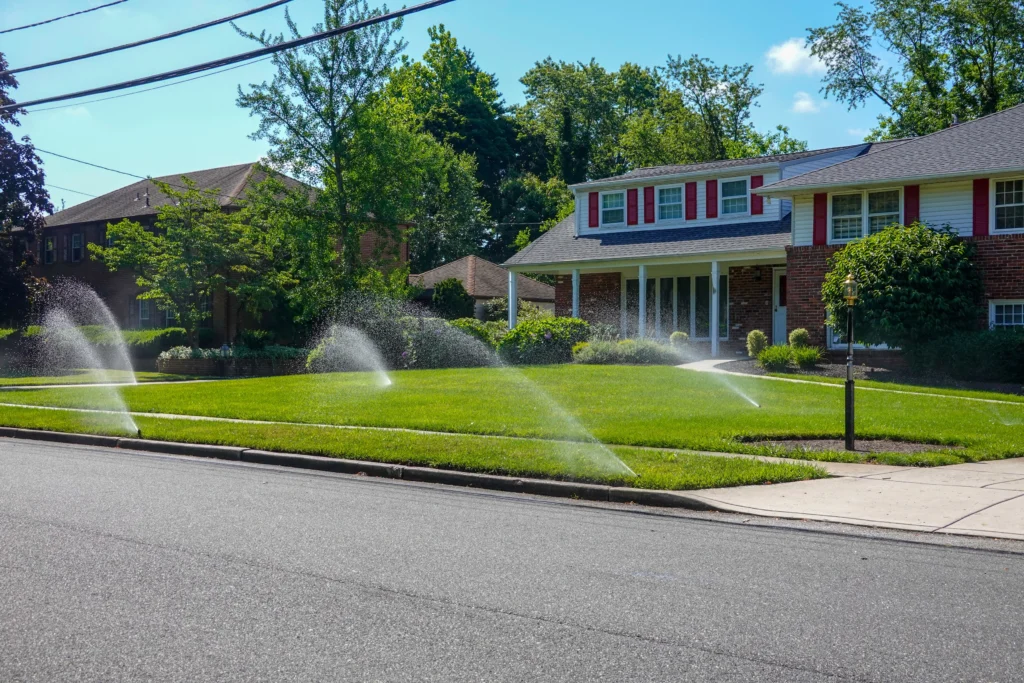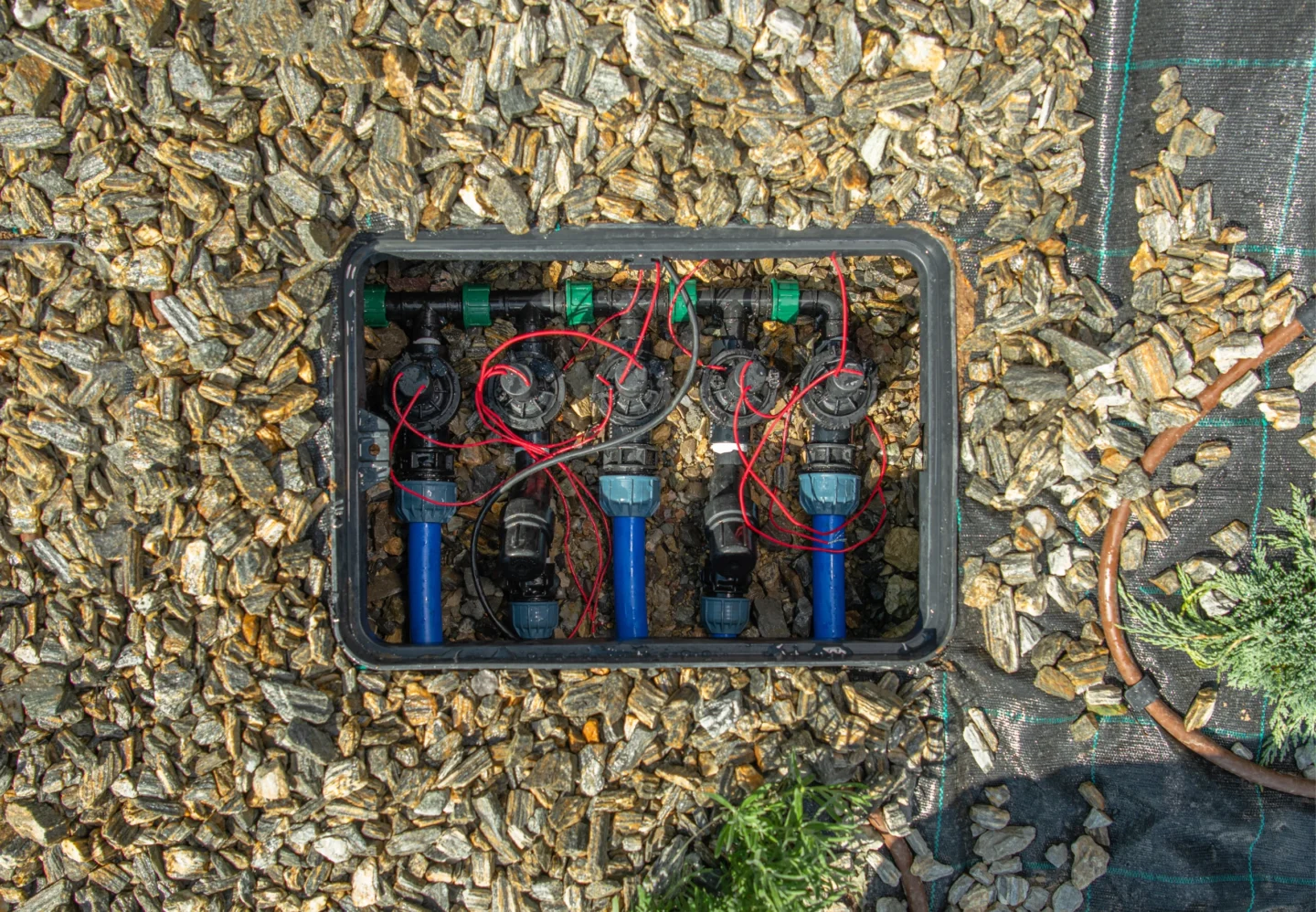
Valves play a crucial role in keeping your irrigation system running efficiently. They help regulate the water flow to all the areas of your landscape, making sure all areas get the right amount of hydration. When a valve begins to fail, it can throw off your entire watering schedule and lead to both overwatering and dry patches. Replacing a faulty valve is essential for keeping your system running smoothly and your landscape healthy. In this blog we will go into more details that will help with your irrigation system in Trenton, IL.
When Do Irrigation Valves Need Replacing?
Over time, valves can become worn out from regular use, mineral buildup, or exposure to weather elements. One of the most obvious signs of a bad valve is inconsistent water delivery—either a zone won’t turn on, won’t shut off, or the water pressure seems weaker than normal. You might also notice constant leaking near the valve box or hear a humming sound that indicates the solenoid isn’t functioning properly. While some of these issues can be repaired, others are better solved by replacing the valve entirely.
Understanding the Replacement Process
Identifying the issue is the first step. Many irrigation systems use several valves, typically hidden underground inside a valve box. Once found, the faulty valve will have to be disconnected from the pipe connections and wiring. This step requires careful attention, especially if the valve is connected to PVC lines or if multiple wires are bundled together. Marking wires before disconnecting them can save time and prevent confusion during reassembly. After removal, a new valve with the same specifications should be installed. Be sure to use a replacement valve with the same size and flow rate as the original to maintain proper water pressure. After installation, reconnect the wiring and test the valve using the irrigation controller to confirm it’s functioning correctly. If everything is working properly, the valve box is closed back up and the surrounding area restored.
Preventing Future Valve Issues
Keeping up with routine maintenance can help your irrigation valves last longer. Clearing debris from valve boxes, checking for leaks, and testing zones through the controller can catch problems early. If you’re seeing sediment or minerals in your water, installing a filter before the valve manifold can help protect the system from potential damage. Seasonal inspections in Trenton, IL, especially in spring and fall, are also a smart move to catch issues before they affect your lawn’s appearance.

Why It Matters
Replacing a faulty valve might seem like a small fix, but it can make a big difference in your system’s efficiency and your landscape’s health. Ignoring a single faulty valve can lead to water waste and drive up your utility costs. Staying on top of repairs like this ensures your system delivers water where and when it’s needed—no more, no less.
Be sure to give Diversified Services a call today if you are looking to have valves in your irrigation system fixed.

